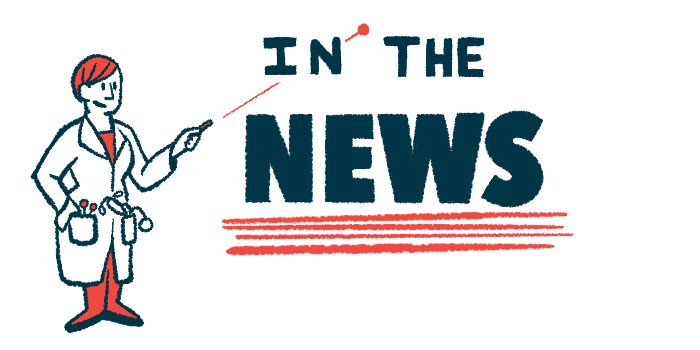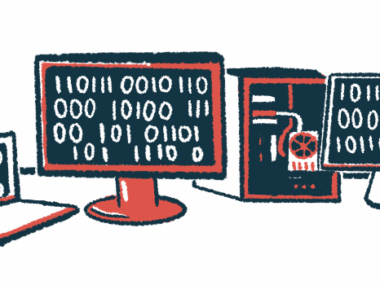Complete response to CAR T-cell therapy reported in RRMM patient
Person, with 3 previous therapy lines, first to be treated in clinical trial in China
Written by |

A first patient with relapsed/refractory multiple myeloma (RRMM) treated with CT0590, Carsgen Therapeutics’ CAR T-cell therapy, showed a complete response to the treatment and no signs of residual disease about four weeks later, the company reported.
Additional updates on the open-label trial (NCT05066022), taking place in China, are likely in the second half of this year.
Study investigators are assessing CT0590’s safety and tolerability, at escalating doses, in an anticipated 24 adults with RRMM and previous myeloma treatment that included at least one proteasome inhibitor and one immunomodulatory drug.
“The expansion of CAR-T cells and the preliminary positive efficacy observed in the first subject further reinforce our confidence in the future of allogeneic CAR-T products development,” Zonghai Li, Carsgen’s founder, board chairman, CEO, and chief scientific officer, said in a company press release.
Therapy targets proteins on multiple myeloma cells and on immune cells
Multiple myeloma is a rare blood cancer that affects plasma cells, a type of immune cell responsible for the production of antibodies that help fight off infections.
CT0590 is a donor-derived, or allogeneic, CAR T-cell therapy developed using Carsgen’s proprietary THANK-u Plus platform. It targets both BCMA, a protein commonly found on multiple myeloma cells, and NKG2A, a protein expressed on two types of immune system cells: natural killer and T-cells.
The therapy also has been genetically modified to eliminate three specific proteins — TRAC, B2M, and NKG2A — with the aim of making it more resistant to attacks by the recipient’s immune system and reducing the risk of graft-versus-host disease, when donated cells attack a patient’s healthy cells. Carsgen reports that this modification could enhance the immune function of CT0590, making it more effective against cancer cells.
When infused into a patient’s bloodstream, CT0590 is expected to eliminate cancer cells while hindering attacks from the patient’s natural killer cells.
“Developed in-house, the THANK-u Plus platform is an innovative allogeneic CAR-T technology designed to overcome the accessibility challenges in CAR-T therapy,” Li said.
Reasonable safety being seen in early reports on first treated patient
The treated patient had R-ISS stage 2 RRMM, which is associated with a five-year survival rate of approximately 62%, and previously had received three lines of treatment — a combination of standard therapies and an autologous (using own cells) stem cell transplant. After the final treatment failed, the person was enrolled in the trial and treated with the CAR T-cell therapy at its lowest dose.
A mild case of cytokine release syndrome followed, a common side effect of certain immunotherapies marked by an aggressive immune system response and the excessive release of inflammatory signaling proteins called cytokines. Resulting symptoms were effectively managed using fever-reducing medications and tocilizumab, an immunosuppressive drug, the company reported.
The patient did not experience immune effector cell-associated neurotoxicity syndrome, a neuropsychiatric condition that can follow CAR T-cell therapy, or other CAR T-cell-related immune side effect, reflecting what the company considered to be an overall favorable safety profile.




